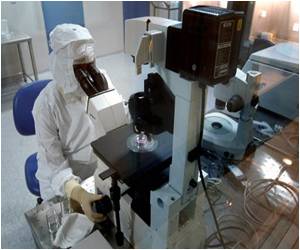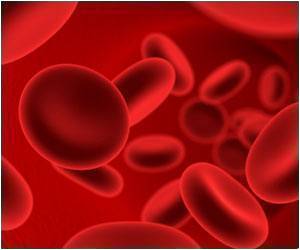
‘The National Cancer Institute anticipated that 19,950 individuals would be diagnosed with AML in 2016 and forecast that approximately 10,430 deaths from AML would occur last year.’
Tweet it Now
The computer was trained using bone marrow data and medical histories of AML patients, as well as blood data from healthy individuals. Cases about which the computer had no information were evaluated by the algorithm by applying knowledge about similar cases in the database. The computer was then able to predict remission with 100 percent accuracy. Relapse was correctly predicted in 90 percent of relevant cases. "As the input, our computational system employs data from flow cytometry, a widely utilized technology that can rapidly provide detailed characteristics of single cells in samples such as blood or bone marrow," explained Bartek Rajwa, first author of the study and research assistant professor of computational biology in the Bindley Bioscience Center at Purdue University. "Traditionally, the results of flow cytometry analyses are evaluated by highly trained human experts rather than by machine-learning algorithms. But computers are often better at extracting knowledge from complex data than humans are."
Automated measurement and monitoring of response to treatment of AML are critical not only for objective evaluation of disease-status prognosis but also for timely assessment of treatment strategies, the study’s authors noted. Their work creates and underlies a clinical decision support system that recognizes the presence of minute residual amounts of malignant cells of any AML type in bone marrow samples, enabling early identification of change in direction of disease progression.
"Machine learning is not about modeling data. It’s about extracting knowledge from the data you have so you can build a powerful, intuitive tool that can make predictions about future data that the computer has not previously seen -- the machine is learning, not memorizing -- and that’s what we did," said Dundar, an internationally respected machine-learning scientist who specializes in teaching computers to understand biomedical data.
The National Cancer Institute anticipated that 19,950 individuals would be diagnosed with AML in 2016 and forecast that approximately 10,430 deaths from AML would occur last year.
Advertisement











